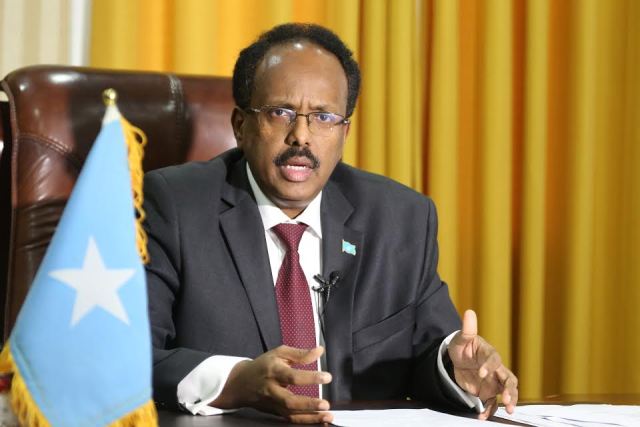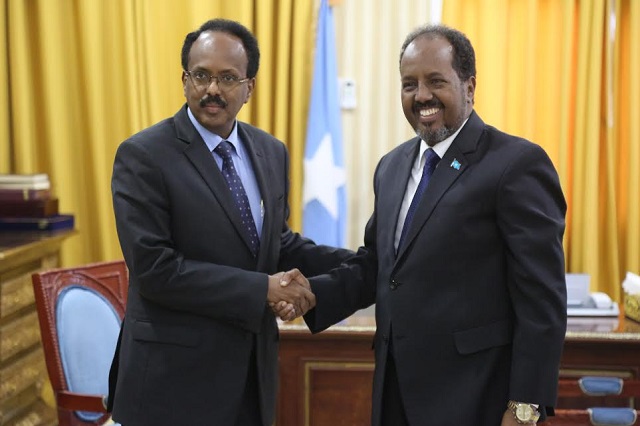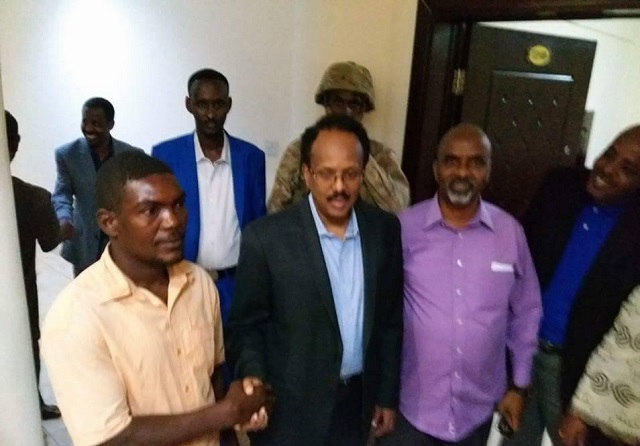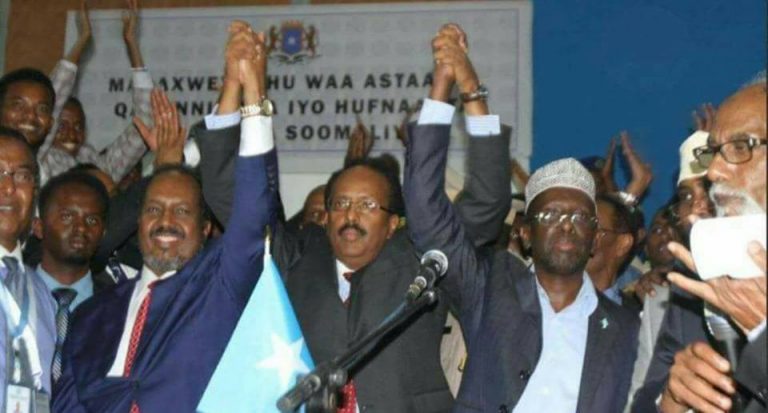The verdict is in — guilty. After less than three days last week, an all-white jury found three Somali-American young men guilty of conspiracy to commit murder abroad. They now join six others from Minnesota who have pleaded guilty to conspiracy to join the terrorist organization ISIL (the Islamic State in Iraq and the Levant, also known as ISIS).
This has been a disorienting, enraging and divisive experience for many in the Somali community, and for those of us close to the families and friends, the verdict comes as no surprise. Nobody expected these young men to get a fair trial — not in this political climate, not with the shrewd manipulations by the FBI, not with their skin color, not with their religion.
What have we learned? We know that these young men are not violent; we know the victims have been Somali people; we know ISIL is not extreme religious ideology but blowback from the U.S. invasion of Iraq and the brutality of Nouri al-Maliki and Bashar Assad; we know there is no “jihadi pipeline” in Minnesota created from a vast array of ISIL recruiters; we know these young men were hypermotivated to help victims in Syria; we know they experienced poverty, racism and Islamophobia; we know they needed a welcoming city where they could make the world a better place, and we know that Minnesota failed them.
So what now? Some will continue to debate the FBI undercover tactics, others, the motives of the young men. And while this is meaningful, we face an urgent question that needs our energy: What ought U.S. District Judge Michael Davis do about sentencing? His answer will shape all future discussions and debates surrounding the war on terror.
There are really two options, and they are not mutually exclusive. First, federal prison for 15 years to life. Davis has every legal right to send these young men to federal prison for a long time, and many would not blame him. This certainly would be perceived as a political victory in the war on terror and probably give U.S.
Attorney Andrew Luger’s team bragging rights in Washington. It also would put to rest fear of these young men joining ISIL, assuming they were ever really serious. However, it is also likely that a long prison sentence would further alienate young Somali-American men, giving them yet another reason to leave the inequalities and racism in Minnesota. It is also likely that these young men would become radicalized through the isolation of prison.
Finally, more members and allies of the Somali community would turn away from the criminal-justice system entirely. If the criminal-justice system was on thin ice already, a long prison sentence would sink us all.
Davis has another option, however, which he has expressed openness to: restorative justice. A creative restorative program would include the following kinds of activities and reduce prison time: regular, supervised and ongoing circling, dialogue and amends-making with families, elders, peers and community members; civic engagement and leadership; public speaking and writing about justice and peace; college and work responsibilities; monitored movement, and regular reporting. In order to create this program soon, we need a coalition among Davis, chief U.S. probation officer Kevin Lowry, experts from the Center for Restorative Justice and Peacemaking at the University of Minnesota and from the nonprofit Community Mediation and Restorative Services, and, most important, local Somali leaders and peers.
Meeting regularly over the summer and learning from examples in Denmark, Germany, South Africa and Somalia, this coalition could create a restorative pathway that builds relationships between the community and the criminal-justice system, gives our Somali communities the power and responsibility for their future, replaces anger and distrust with hope and engagement for countless young people, and creates a model that replaces vindictive and retaliatory approaches with community power and human development.
Restorative justice is not pity, forgive-and-forget altruism, or impotency. Rather, it liberates us from the school-to-prison pipeline and the dehumanization of our criminal-justice system. Empowering humans in all of their messy relationships, failings and wonderful ideals is always more difficult than locking people away behind prison bars. By keeping these young men with us and giving the community the power to determine what justice looks like, we build in each other a new and liberated humanity.
Matthew Palombo is an instructor of philosophy at Minneapolis Community and Technical College and vice president of the Ummah Project, an interfaith group.
Matthew Palombo is an instructor of philosophy at Minneapolis Community and Technical College and vice president of the Ummah Project, an interfaith group.
Thisis article was first published in the Stat Tribune









